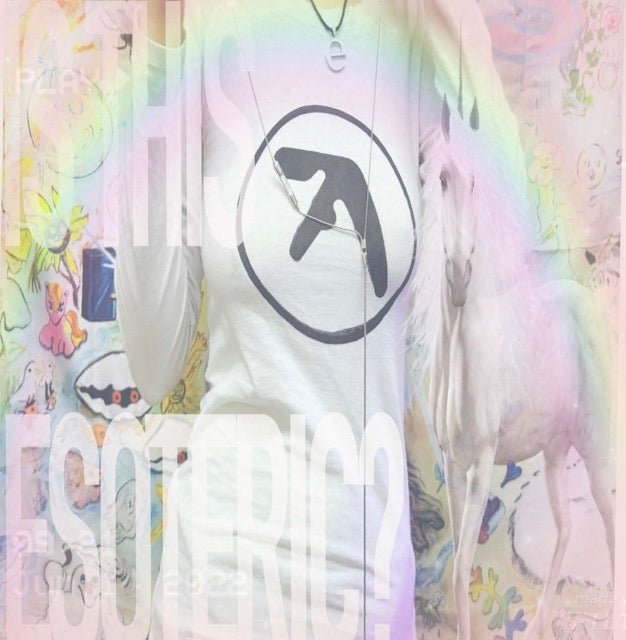
Image by Clover Ebbott
Generation Z’s teenage experience differs from every other generation due to the invention of social media. Algorithms on apps like TikTok and Instagram are designed to learn and adapt to each user’s interests and find their “niche”. These social media platforms offer a great way to find new music, far easier than previous generations who relied heavily on radio and physical music mediums. Of course, everyone had their own taste – rock, new wave, jazz, etc. – but popular musicians were often popular to all, and smaller musicians had a harder time “making it”.
Platforms like Spotify, Apple Music, and SoundCloud have provided up-and-coming artists with an easy way to get their music circulated. With so many ways to find new music and artists, listeners are developing increasingly specific taste and gravitating towards niche communities.
Along with community in niche groups comes competition. If you’re new to a subgenre, it’s not surprising to be labeled a “poser” or “new gen,” or to see people praise themselves on listening to artists before they blew up. Music and fashion are tied in this way, people claiming they wore brands or styles before they were trendy – before their individuality was threatened. I once saw a comment on a video about up-and-coming electronic rap artist FakeMink, saying he was the “quickest artist to turn mainstream” – implying this was a negative thing. Nowadays, it’s common for fans to be disappointed or upset when their favorite artists make it, instead of excited for their success.
These tendencies in music communities parallel trends on social media, like the “rare aesthetic” trend on TikTok, where users create compilations of images which evoke a sense of specific nostalgia that try to reflect unique experiences. Along with this trend, the joke “first in my bloodline to read this” is often found in comment sections, reflecting the same sense of uniqueness Gen Z seems to crave.
In a world of mass marketing and trends, modern teenagers may struggle to find their identity outside of the internet. Many often feel insecure due to constantly comparing themselves to others online, and use their individuality as a way to cope. “Maybe I’m not skinner, or more attractive, or nearly as wealthy as these influencers, but I can be cooler”. This epidemic commonly leads to individuality complexes, where individuals have an excessive obsession with their uniqueness and independence.
Musically speaking, teens often desire the same thing – to be cooler, more unique, and more “niche” than others.
I have found this trend is most common in the electronic rap scene, specifically regarding artists like 2Hollis, FakeMink, Feng, and smokedope2016 – all artists who found their niche and gained popularity only recently. Many fans of this subgenre are particularly passionate and defensive, in part because electronic music faced years of skepticism from critics who did not consider it “real music”.
At its root, the obsession with underground music is insecurity – the feeling of not being good enough, interesting enough, or cool enough. Communities rooted in music should be a celebration of art and an uplifting space, not an opportunity to create further isolation and self-doubt.
